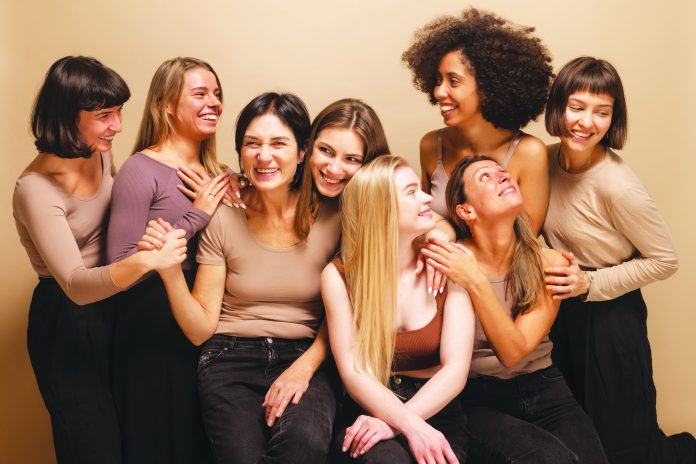October is a special month for women in Canada with the celebration of Women’s History Month and International Day of the Girl Child. There is also Persons Day which has a close connection to Albertans. You might find yourself wondering, what exactly is Persons Day, and how does it relate to women? The name may sound unusual, but the history behind it is deeply impactful. Before 1929, women were not considered “persons” in Canada’s legal system. It wasn’t until five determined women from Alberta decided to fight against this that the definition changed.
In 1927, the Famous Five – Emily Murphy, Nellie McClung, Louise McKinney, Irene Parlby, and Henrietta Muir Edwards – asked the supreme court of Canada what the word “persons” entailed. They were surprised to hear that the definition of “persons” in the British North America Act did not include women. The British North American Act (now known as the Constitution Act, 1867) was a significant piece of law at the time as it laid out the obligations and power structure of the federal government and Canadian provinces. Therefore, it was especially significant that this Act did not include women in the definition of “persons.”
The Famous Five did not take this omission lightly and went to Canada’s highest court of appeal to fight against this injustice. Then on October 18, 1929, the Famous Five won their fight and they along with their fellow women were finally considered “persons.” Which also meant women could serve on all levels of government.
Though there was (and some could argue still is) a long way to go in making the definition of “persons” more inclusive – not only in law but also in society (including people of colour, Indigenous people, etc.) – it was at least a step in the right direction. So, for this Persons Day let it be a kind reminder to us all that we are all “persons,” and that no individual should be excluded from that ever, no matter their ethnicity, religion, race, nationality, sexual orientation, or gender.










